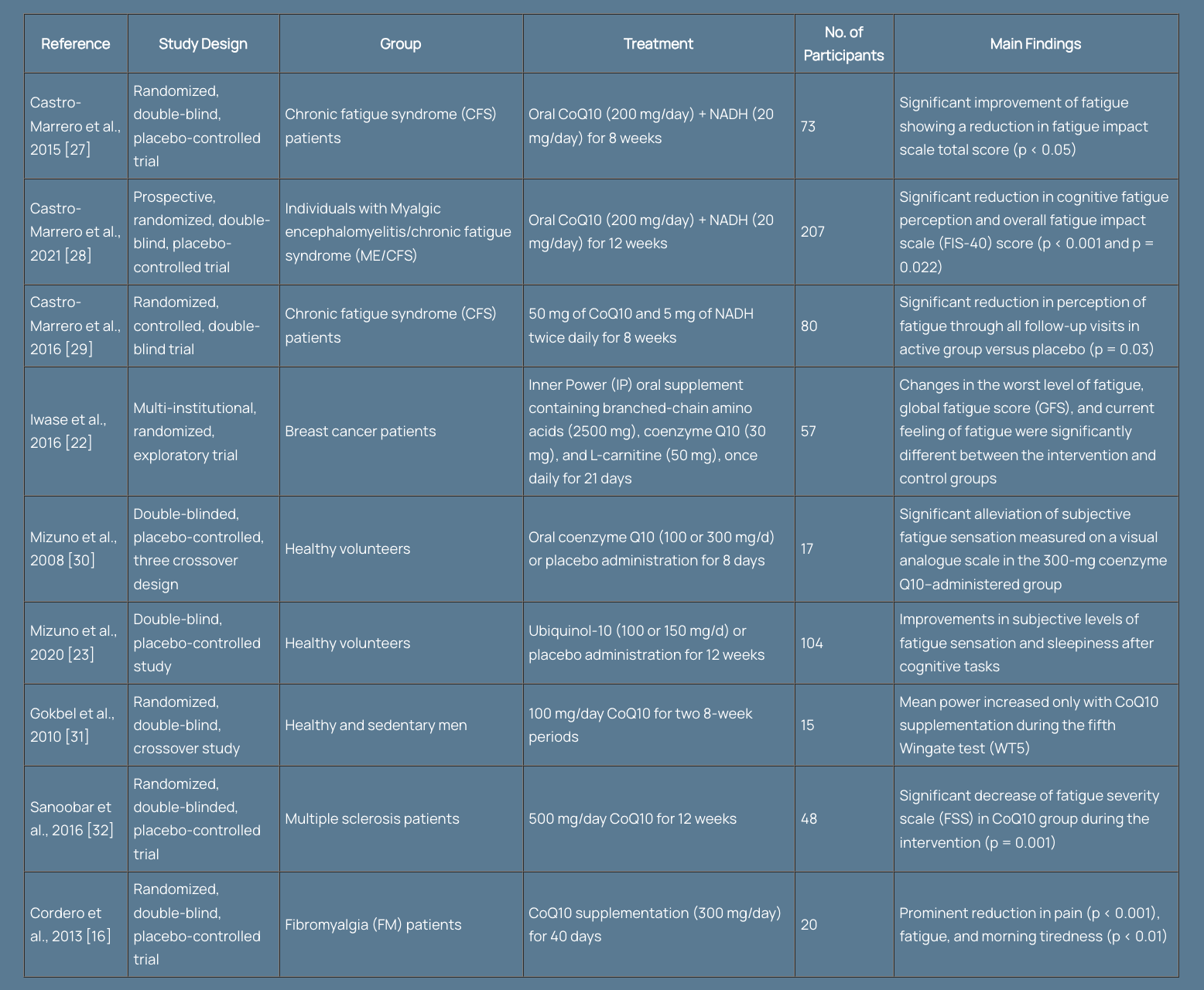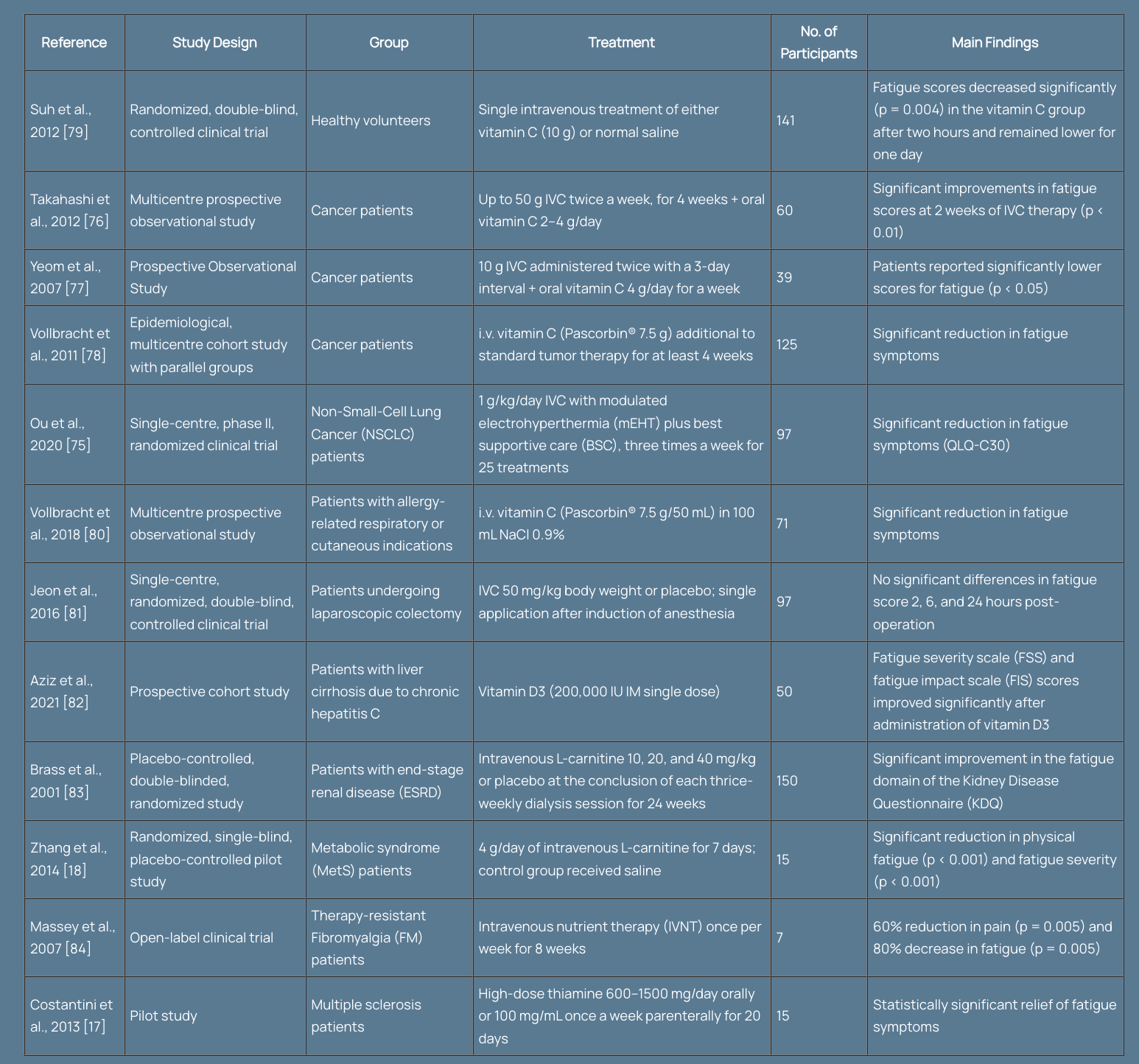L’efficacité des perfusions intraveineuses de vitamines
Avantages et mécanismes d’action des perfusions de vitamines
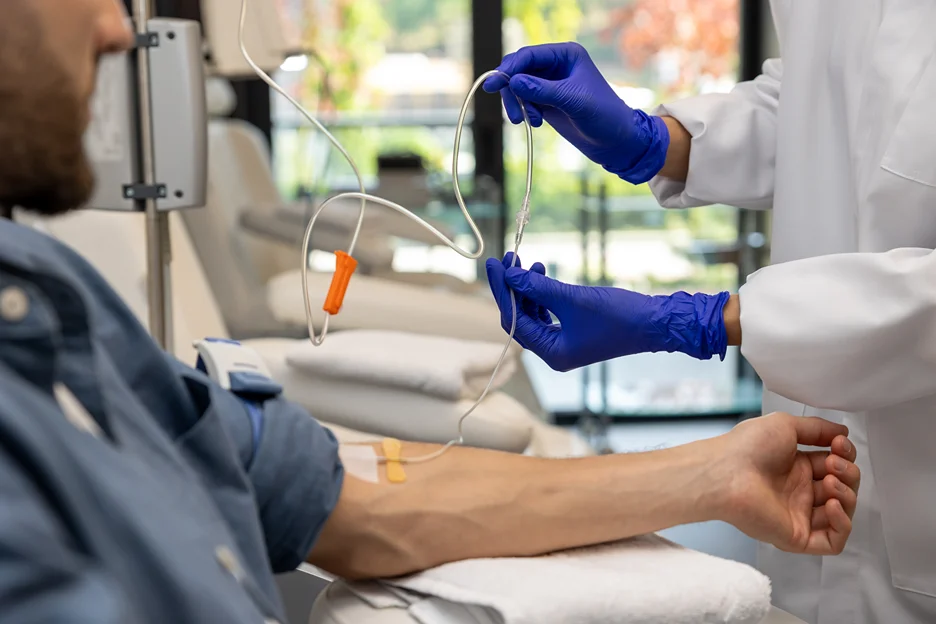
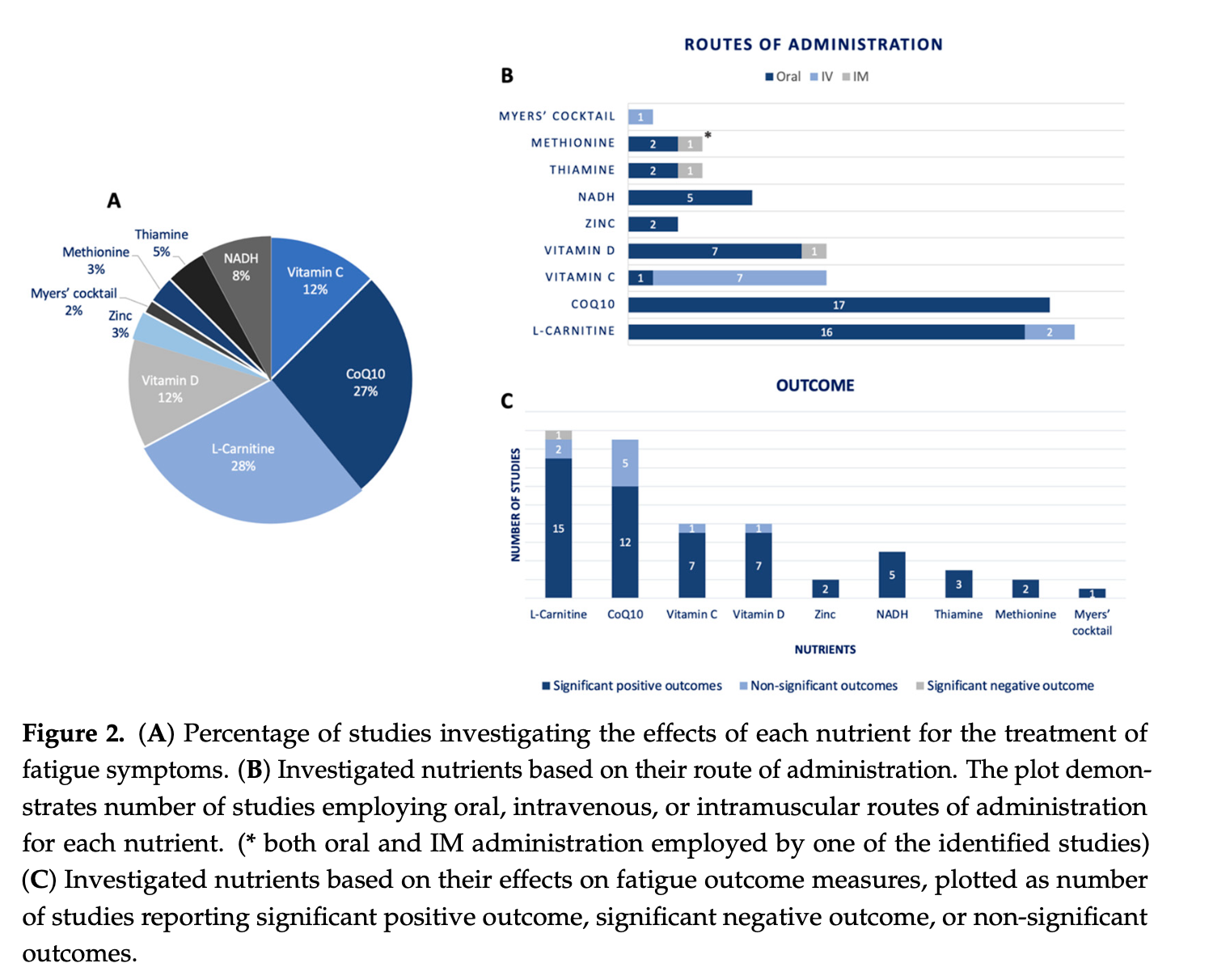
Amélioration de l’absorption des nutriments grâce aux perfusions de vitamines
Avantages cliniques
Absorption optimisée
Effets rapides
Dose personnalisable
Efficacité des perfusions de vitamine C à haute dose dans le traitement des maladies graves (infections et cancers)
Les perfusions de vitamine C sont largement étudiées dans le traitement des maladies aiguës et chroniques. Une méta-analyse récente a évalué l’efficacité de la vitamine C en intraveineuse chez les patients atteints de sepsis et de choc septique. Cette étude a montré une amélioration significative des scores de dysfonctionnement organique (score SOFA), cependant sans réduction de la mortalité, suggérant que l’effet bénéfique de la vitamine C pourrait être plus pertinent pour la stabilisation clinique que pour une guérison complète (SpringerOpen).
En oncologie, des essais cliniques ont examiné l’impact de la vitamine C à haute dose administrée par voie intraveineuse sur les patients atteints de cancers avancés. Les études ont démontré que la thérapie est généralement bien tolérée, avec peu d’effets secondaires graves. Cependant, bien qu’aucune réponse anti-tumorale significative n’ait été observée dans les études de monothérapie, certains cas exceptionnels ont rapporté une régression tumorale complète et une survie prolongée chez les patients atteints de cancers avancés (BioMed Central).

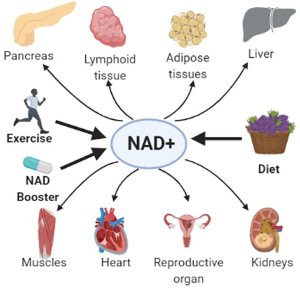
Applications cliniques des perfusions de NAD+

Comment les perfusions de vitamines améliorent la qualité de vie et le bien-être
Effets sur la qualité de vie et le bien-être
Les perfusions de vitamine C sont de plus en plus utilisées dans les soins palliatifs pour les patients atteints de cancer en raison de leur profil de sécurité élevé et de leur capacité à améliorer la qualité de vie. Une étude rétrospective a montré que les patients recevant des perfusions de vitamine C rapportaient une réduction significative des symptômes de fatigue, une amélioration de l’appétit et une diminution des troubles du sommeil et de la dépression (BioMed Central).
Sécurité et tolérance des perfusions de vitamines
Les perfusions de vitamines sont généralement sûres et bien tolérées lorsqu’elles sont administrées sous supervision médicale. Cependant, des effets secondaires tels que des déséquilibres électrolytiques ou des réactions locales au site d’injection peuvent survenir, notamment avec des doses élevées de certaines vitamines comme la vitamine C. Il est crucial d’évaluer les antécédents médicaux du patient, en particulier en ce qui concerne la fonction rénale, avant d’initier un traitement à haute dose.
Liste des études sur l’administration par voie orale et parentérale
| Reference | Study Design | Group | Treatment | No. of Participants | Main Findings |
|---|---|---|---|---|---|
| Castro-Marrero et al., 2015 [27] | Randomized, double-blind, placebo-controlled trial | Chronic fatigue syndrome (CFS) patients | Oral CoQ10 (200 mg/day) + NADH (20 mg/day) for 8 weeks | 73 | Significant improvement of fatigue showing a reduction in fatigue impact scale total score (p < 0.05) |
| Castro-Marrero et al., 2021 [28] | Prospective, randomized, double-blind, placebo-controlled trial | Individuals with Myalgic encephalomyelitis/chronic fatigue syndrome (ME/CFS) | Oral CoQ10 (200 mg/day) + NADH (20 mg/day) for 12 weeks | 207 | Significant reduction in cognitive fatigue perception and overall fatigue impact scale (FIS-40) score (p < 0.001 and p = 0.022) |
| Castro-Marrero et al., 2016 [29] | Randomized, controlled, double-blind trial | Chronic fatigue syndrome (CFS) patients | 50 mg of CoQ10 and 5 mg of NADH twice daily for 8 weeks | 80 | Significant reduction in perception of fatigue through all follow-up visits in active group versus placebo (p = 0.03) |
| Iwase et al., 2016 [22] | Multi-institutional, randomized, exploratory trial | Breast cancer patients | Inner Power (IP) oral supplement containing branched-chain amino acids (2500 mg), coenzyme Q10 (30 mg), and L-carnitine (50 mg), once daily for 21 days | 57 | Changes in the worst level of fatigue, global fatigue score (GFS), and current feeling of fatigue were significantly different between the intervention and control groups |
| Mizuno et al., 2008 [30] | Double-blinded, placebo-controlled, three crossover design | Healthy volunteers | Oral coenzyme Q10 (100 or 300 mg/d) or placebo administration for 8 days | 17 | Significant alleviation of subjective fatigue sensation measured on a visual analogue scale in the 300-mg coenzyme Q10–administered group |
| Mizuno et al., 2020 [23] | Double-blind, placebo-controlled study | Healthy volunteers | Ubiquinol-10 (100 or 150 mg/d) or placebo administration for 12 weeks | 104 | Improvements in subjective levels of fatigue sensation and sleepiness after cognitive tasks |
| Gokbel et al., 2010 [31] | Randomized, double-blind, crossover study | Healthy and sedentary men | 100 mg/day CoQ10 for two 8-week periods | 15 | Mean power increased only with CoQ10 supplementation during the fifth Wingate test (WT5) |
| Sanoobar et al., 2016 [32] | Randomized, double-blinded, placebo-controlled trial | Multiple sclerosis patients | 500 mg/day CoQ10 for 12 weeks | 48 | Significant decrease of fatigue severity scale (FSS) in CoQ10 group during the intervention (p = 0.001) |
| Cordero et al., 2013 [16] | Randomized, double-blind, placebo-controlled trial | Fibromyalgia (FM) patients | CoQ10 supplementation (300 mg/day) for 40 days | 20 | Prominent reduction in pain (p < 0.001), fatigue, and morning tiredness (p < 0.01) |
| Reference | Study Design | Group | Treatment | No. of Participants | Main Findings |
|---|---|---|---|---|---|
| Suh et al., 2012 [79] | Randomized, double-blind, controlled clinical trial | Healthy volunteers | Single intravenous treatment of either vitamin C (10 g) or normal saline | 141 | Fatigue scores decreased significantly (p = 0.004) in the vitamin C group after two hours and remained lower for one day |
| Takahashi et al., 2012 [76] | Multicentre prospective observational study | Cancer patients | Up to 50 g IVC twice a week, for 4 weeks + oral vitamin C 2–4 g/day | 60 | Significant improvements in fatigue scores at 2 weeks of IVC therapy (p < 0.01) |
| Yeom et al., 2007 [77] | Prospective Observational Study | Cancer patients | 10 g IVC administered twice with a 3-day interval + oral vitamin C 4 g/day for a week | 39 | Patients reported significantly lower scores for fatigue (p < 0.05) |
| Vollbracht et al., 2011 [78] | Epidemiological, multicentre cohort study with parallel groups | Cancer patients | i.v. vitamin C (Pascorbin® 7.5 g) additional to standard tumor therapy for at least 4 weeks | 125 | Significant reduction in fatigue symptoms |
| Ou et al., 2020 [75] | Single-centre, phase II, randomized clinical trial | Non-Small-Cell Lung Cancer (NSCLC) patients | 1 g/kg/day IVC with modulated electrohyperthermia (mEHT) plus best supportive care (BSC), three times a week for 25 treatments | 97 | Significant reduction in fatigue symptoms (QLQ-C30) |
| Vollbracht et al., 2018 [80] | Multicentre prospective observational study | Patients with allergy-related respiratory or cutaneous indications | i.v. vitamin C (Pascorbin® 7.5 g/50 mL) in 100 mL NaCl 0.9% | 71 | Significant reduction in fatigue symptoms |
| Jeon et al., 2016 [81] | Single-centre, randomized, double-blind, controlled clinical trial | Patients undergoing laparoscopic colectomy | IVC 50 mg/kg body weight or placebo; single application after induction of anesthesia | 97 | No significant differences in fatigue score 2, 6, and 24 hours post-operation |
| Aziz et al., 2021 [82] | Prospective cohort study | Patients with liver cirrhosis due to chronic hepatitis C | Vitamin D3 (200,000 IU IM single dose) | 50 | Fatigue severity scale (FSS) and fatigue impact scale (FIS) scores improved significantly after administration of vitamin D3 |
| Brass et al., 2001 [83] | Placebo-controlled, double-blinded, randomized study | Patients with end-stage renal disease (ESRD) | Intravenous L-carnitine 10, 20, and 40 mg/kg or placebo at the conclusion of each thrice-weekly dialysis session for 24 weeks | 150 | Significant improvement in the fatigue domain of the Kidney Disease Questionnaire (KDQ) |
| Zhang et al., 2014 [18] | Randomized, single-blind, placebo-controlled pilot study | Metabolic syndrome (MetS) patients | 4 g/day of intravenous L-carnitine for 7 days; control group received saline | 15 | Significant reduction in physical fatigue (p < 0.001) and fatigue severity (p < 0.001) |
| Massey et al., 2007 [84] | Open-label clinical trial | Therapy-resistant Fibromyalgia (FM) patients | Intravenous nutrient therapy (IVNT) once per week for 8 weeks | 7 | 60% reduction in pain (p = 0.005) and 80% decrease in fatigue (p = 0.005) |
| Costantini et al., 2013 [17] | Pilot study | Multiple sclerosis patients | High-dose thiamine 600–1500 mg/day orally or 100 mg/mL once a week parenterally for 20 days | 15 | Statistically significant relief of fatigue symptoms |
